Labor’s Voice – going down together
Appraising Peter Dutton’s performance here a fortnight ago (Return to the Fray, 7/01/23), I urged him to cut through the delaying tactics of his spokesman on the so-called Voice to Parliament, the member for Berowra, Julian Leeser. Instead of allowing Leeser to go on producing lists of questions on details of how any such Voice would be constituted and operate, Dutton should disregard such stuff as being irrelevant to the central issue.
Already a subscriber? Log in
Subscribe for just $2 a week
Try a month of The Spectator Australia absolutely free and without commitment. Not only that but – if you choose to continue – you’ll pay just $2 a week for your first year.
- Unlimited access to spectator.com.au and app
- The weekly edition on the Spectator Australia app
- Spectator podcasts and newsletters
- Full access to spectator.co.uk
Or
Unlock this article
You might disagree with half of it, but you’ll enjoy reading all of it. Try your first month for free, then just $2 a week for the remainder of your first year.

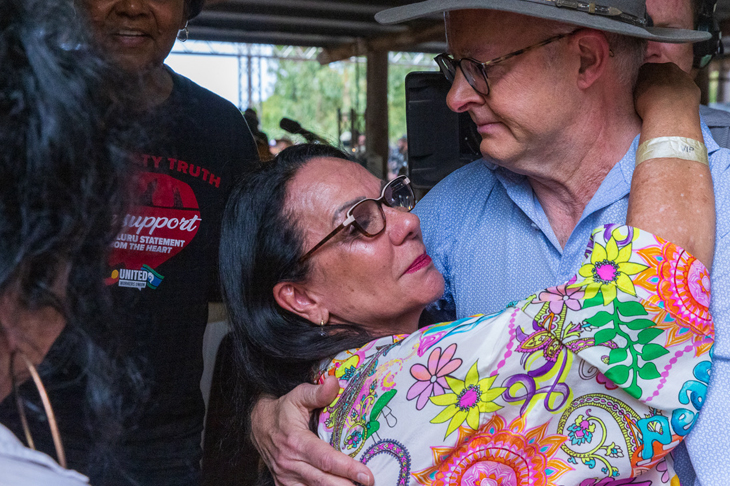
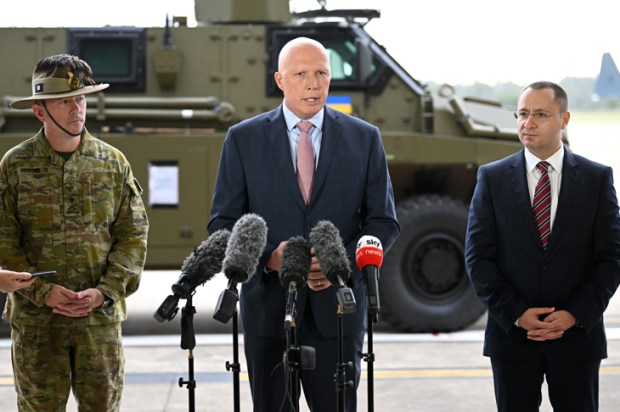
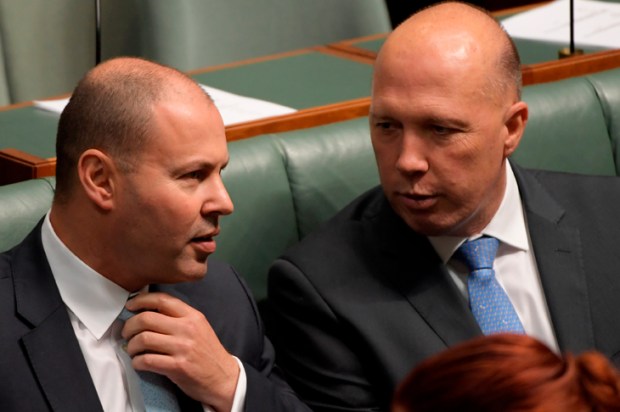
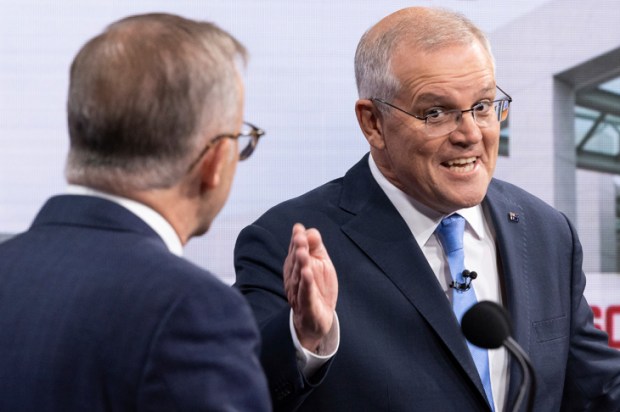

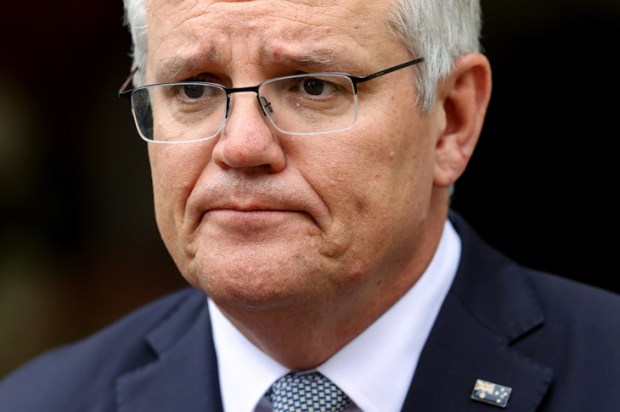
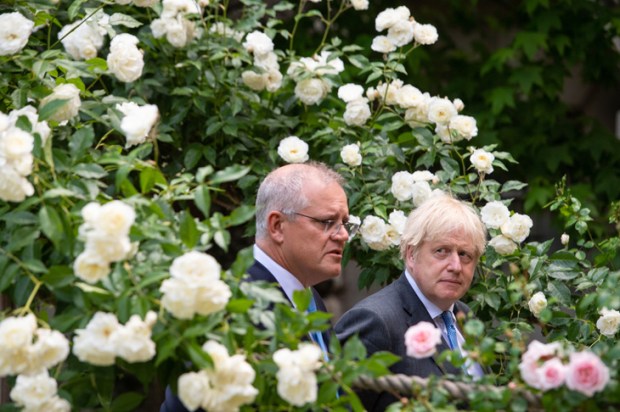






Comments
Don't miss out
Join the conversation with other Spectator Australia readers. Subscribe to leave a comment.
SUBSCRIBEAlready a subscriber? Log in